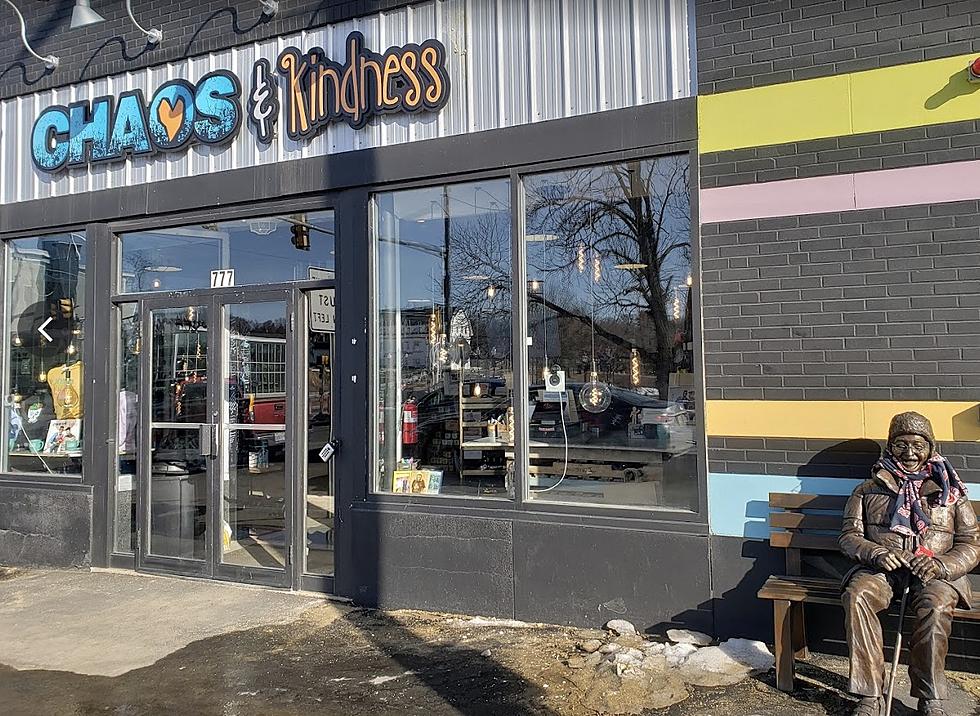
Central Maine Woman Loses Life Savings In Pet Scam
For years, we have had to deal with online scams. However, it seems like they have ramped up over the last few years.
According to an article on the WGME website, a Central Maine woman recently lost thousands of dollars to an online puppy scam.
Barbara Dill, of Gardiner, recently sat down with the news station to tell her story. She explained that she came across photos for puppies for sale online. She called the person who posted the pictures and he told her that they were tea cup pugs. She said that the man even sent her additional pics of the dogs.
The scammer, who was operating a fake company called Best Puppy Movers, reportedly told Dill that if she paid $500 for two dogs, she would get a third for free.
However, as is often the case with these scammers, the amount of money needed to get the pups increased over time. Even though she had been told that the dogs were at the airport and were ready to be transported, she continued to be pressured into authorizing more money transfers. These charges were for things like insurance and food supplements.
These transfers were all done through money transfer apps like CashApp.
Of course, the puppies were never sent to Maine and the scam victim is now out about $20,000.
If you think you are being scammed or that you have been scammed, you can reach out to the BBB on their website.
Here are some things to look out for to avoid being scammed:
- -The price of the product is too low
- -The love interest is out of your league. Not to be rude, but if they are much younger, much better looking, claim to be super wealthy, etc, there is probably something up.
- -If the price keeps going up / they keep asking for more money. If you keep seeing additional fees added or the love interest always seems to be in need of help, there is a good chance you are being scammed.
- -If they want money transfers done through strange ways. They ask you to pay with gift cards, for example.
Even though we have been told for years that it is our older loved ones that typically fall victim to scams, new research has found that it is our younger friends and family who are more likely to fall victim to scams. So, let's just keep an eye on all of our loved ones.
Top Water Dogs
More From 94.9 WHOM









